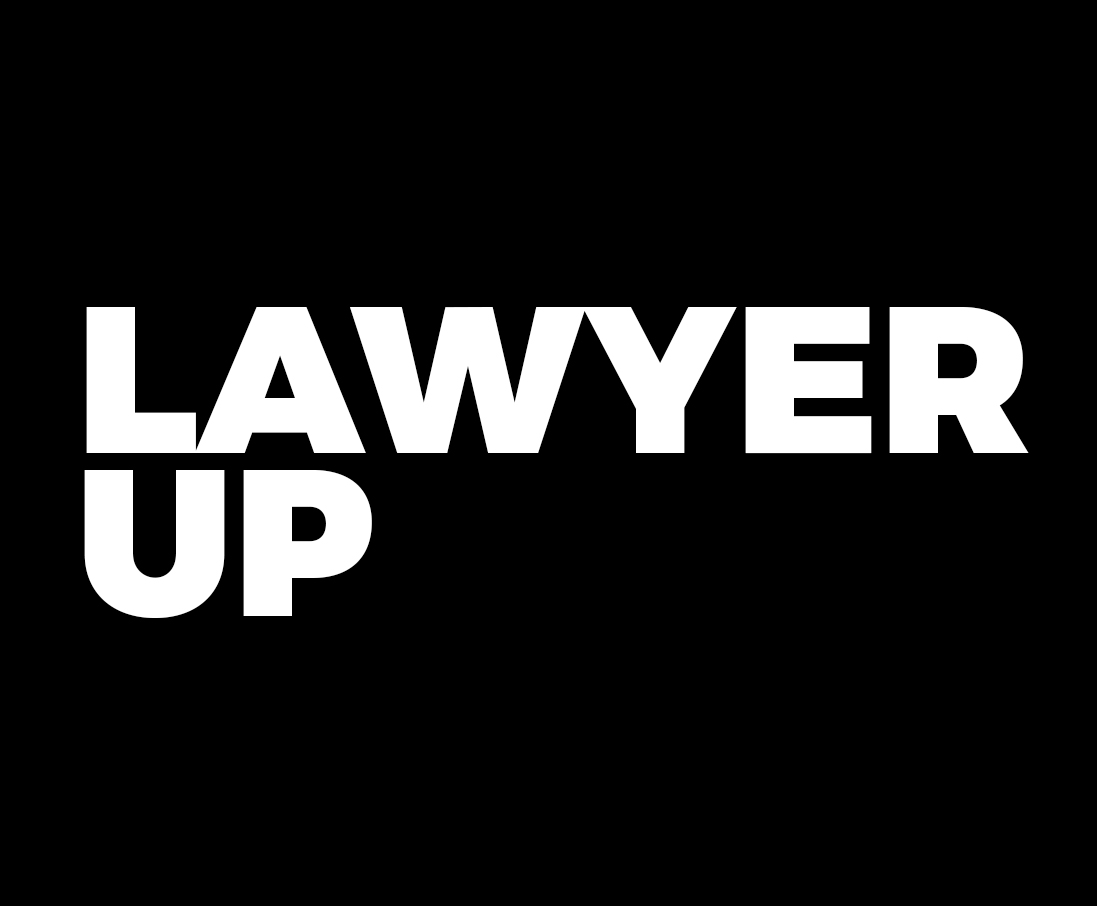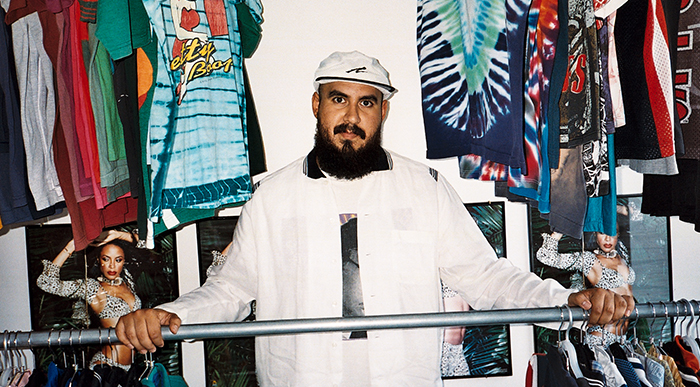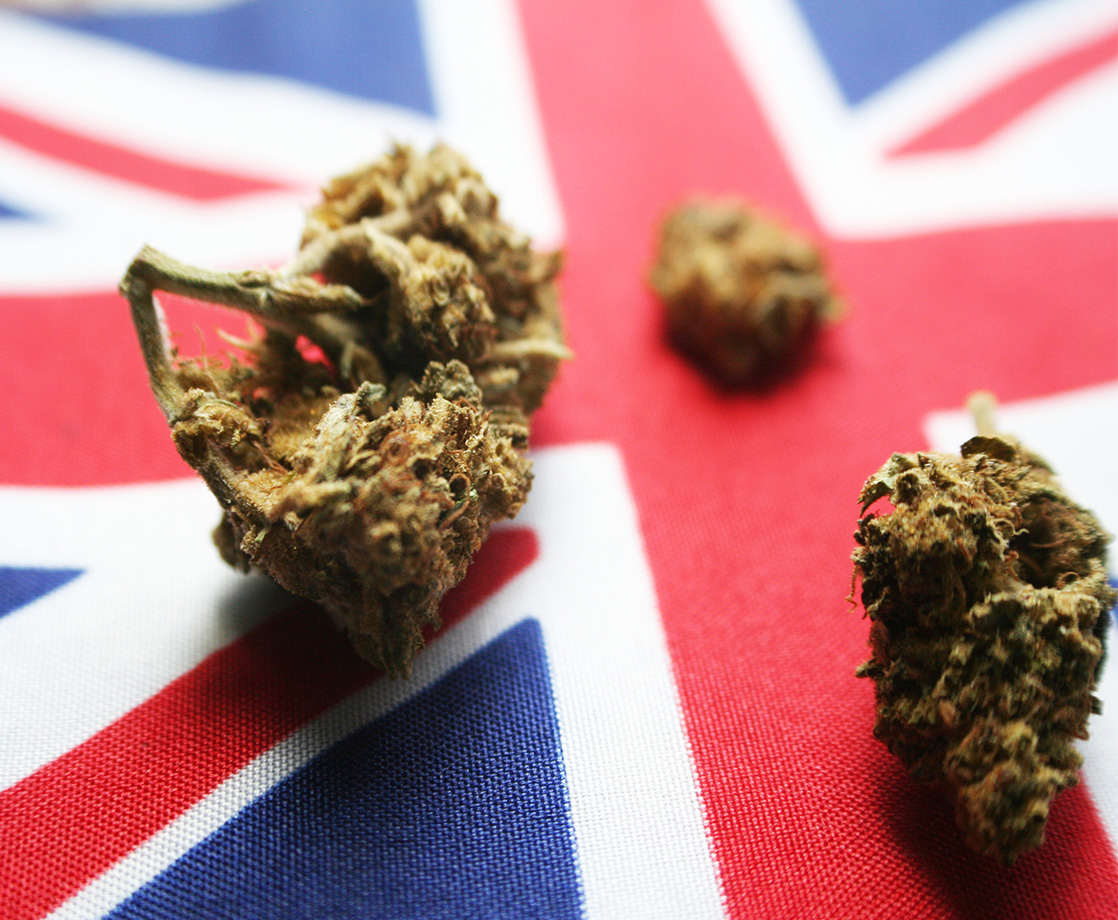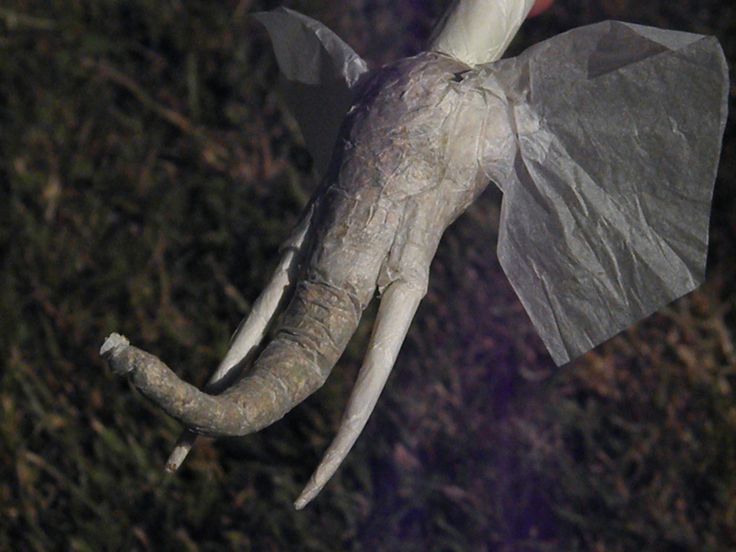Disclaimer: This column is written for educational purposes only. It does not provide specific legal advice and does not create an attorney-client relationship. This column should not be used as a substitute for competent legal advice from a licensed attorney in your state.
Every Memorial Day we remember and honor those who have died during active military service for our country. All service members make incredible sacrifices to protect our democracy and the freedoms we all enjoy. For all they do for us, we owe them a great deal. Unfortunately, many veterans come home from deployment broken due to painful physical injuries and serious psychological trauma, and many feel that the government is not offering them appropriate support and medical treatment options.
Active service members and veterans alike have been expressing their frustration with the poor treatment options that are currently available to them — primarily prescribed painkillers. Many have turned to medical marijuana, which has the potential to effectively treat both physical and psychological ailments. Veterans like Leo Bridgewater have spoken out publicly about the power of medical cannabis to control their PTSD symptoms and how it allows them to lead more normal, productive lives. After Bridgewater’s uncle, a Vietnam veteran, first advised him about medical marijuana, he turned to cannabis as a way of treating not only his knee pain, but his overall emotional health.
After nearly a decade of anecdotal evidence from individuals and veterans organizations about the effectiveness of treating certain symptoms and ailments with marijuana, we are beginning to see some clinical studies get under way. The most notable study to date is from the Multidisciplinary Association for Psychedelic Studies (MAPS), which will explore whether marijuana can help reduce PTSD symptoms in 76 US veterans with chronic, treatment-resistant post-traumatic stress disorder. PTSD’s symptoms include sleeplessness, nightmares, flashbacks, and feelings of hyperarousal.
Veterans Suffer Under Current VA Treatment Options
Combat veterans are disproportionately affected by conditions that medical marijuana may be highly effective at treating, such as chronic pain, PTSD, and traumatic brain injury. According to experts, approximately 1 in 5 veterans that served in Iraq and Afghanistan suffer from PTSD. The US Department of Veterans Affairs (VA) estimates that in 2014, an average of 20 veterans die each day from suicide. To make matters worse, accidental overdose deaths caused by prescription medication (e.g. opiates) occurs at a 50 percent greater rate in the veteran population. According to Representative Earl Blumenauer of Oregon, “The death rate from opioids among VA health care is nearly double the national average.” It’s frightening to think that the medications being prescribed by a government organization to care for our veterans may be causing more harm than good.
So why can’t the VA prescribe safer medications like medical cannabis? As a federally-funded organization, the VA must abide by current federal law classifying marijuana as an illegal Schedule I drug. Therefore, the VA is very limited in how it deals with marijuana. Currently, they do not recognize any evidence that marijuana is an effective treatment for PTSD. In fact, they only officially reference studies suggesting that marijuana may be harmful to individuals suffering from PTSD. They do acknowledge, however, that oral CBD may be effective at decreasing anxiety and that THC has been shown to be effective at decreasing hyperarousal symptoms associated with PTSD.
In May of 2016, the House and Senate approved an amendment to the Military Construction and Veterans Affairs Appropriations bill that would eliminate restrictions that have kept military service members from having legal access to safer alternatives to addictive prescription drugs. The amendment would have allowed VA doctors to recommend medical marijuana for their patients in states where the drug is legal. Unfortunately, in a frustrating and disappointing move, the provision was removed, and in September of 2016, Congress passed the Continuing Appropriations and Military Construction, Veterans Affairs and Related Agencies Appropriations Act of 2017.
The VA’s Policies on Medical Marijuana
Currently, the VA follows a very strict set of rules in order to remain compliant with federal law. With regard to VA medical professionals and medical centers, clinicians may not prescribe medical marijuana and pharmacies will not fill prescriptions for medical marijuana. However, if veterans choose to participate in state-approved medical marijuana programs, they cannot be denied access to their VA health care. Even so, VA clinicians may not complete paperwork or forms required for veterans to participate in state-approved programs. Nor will the VA pay for medical marijuana prescriptions from any source.
Despite all of this, the VA encourages veterans to discuss their marijuana use with their clinician, who may advise veterans regarding marijuana’s impact on other aspects of the veteran’s care. Veterans who choose to share this information should note that the VA will record marijuana use in the veteran’s VA medical record. So it’s really up to the individual to decide whether or not he or she will discuss their marijuana use with their VA medical providers.
According to these policies, the VA cannot cut off veteran’s VA disability or health benefits merely because they are found to use medical marijuana. However, on a case-by-case basis, doctors can decide to reduce a patient’s access to other prescribed medications if the doctor believes there is a risk of drug interaction. This sometimes forces veterans to choose: pills or pot. Some argue that this fundamentally and dramatically undermines the doctor-patient relationship.
Looking to the Future
Many powerful veterans groups are now stepping up to advocate for their members’ health. One of the nation’s most conservative groups, the American Legion, is publicly appealing to President Trump to reclassify marijuana so that larger-scale medical research can be conducted into the effectiveness of treating PTSD with medical marijuana. Nick Etten, a former Navy SEAL, says: “The VA has been throwing opiates at veterans for almost every condition for the last 15 years. You are looking at a system that has made a problem worse the way they have approached treatment.” He sums the issue up quite accurately: “We need solutions. We need treatment that works. We need treatment that is not destructive.” We here at MERRY JANE tend to agree.











